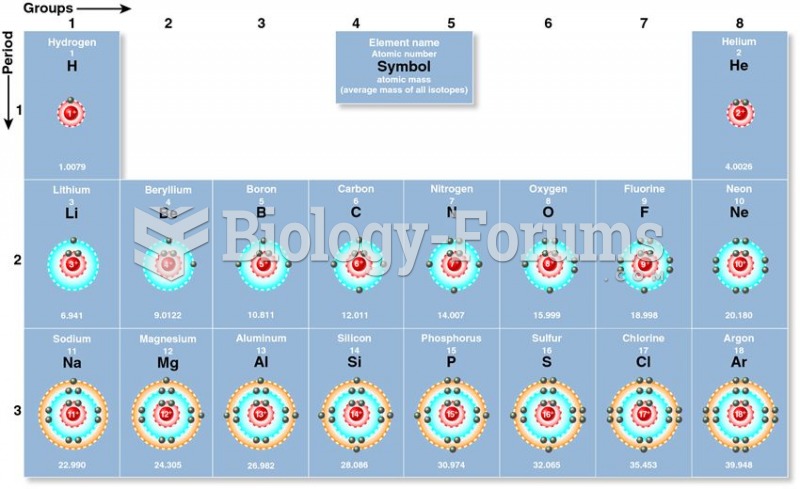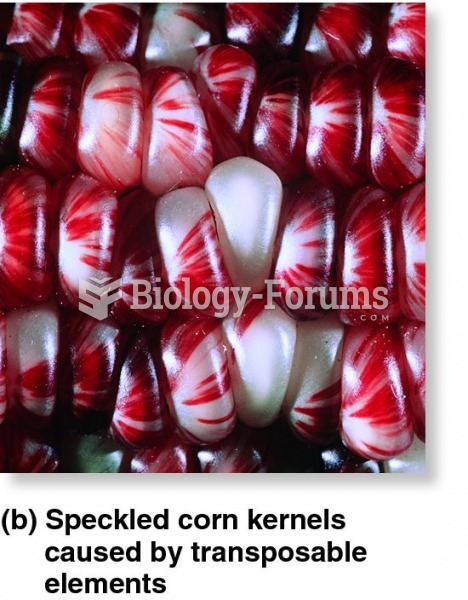|
|
|
Fewer than 10% of babies are born on their exact due dates, 50% are born within 1 week of the due date, and 90% are born within 2 weeks of the date.
Increased intake of vitamin D has been shown to reduce fractures up to 25% in older people.
Signs and symptoms of a drug overdose include losing consciousness, fever or sweating, breathing problems, abnormal pulse, and changes in skin color.
In inpatient settings, adverse drug events account for an estimated one in three of all hospital adverse events. They affect approximately 2 million hospital stays every year, and prolong hospital stays by between one and five days.
Computer programs are available that crosscheck a new drug's possible trade name with all other trade names currently available. These programs detect dangerous similarities between names and alert the manufacturer of the drug.
 Retinopathy. Illustration of a normal retina (left) and a diseased retina (right). The diseased reti
Retinopathy. Illustration of a normal retina (left) and a diseased retina (right). The diseased reti
 As the glass ceiling slowly cracks, women are gaining entry into the top positions of society. Shown ...
As the glass ceiling slowly cracks, women are gaining entry into the top positions of society. Shown ...





